All Formats & Editions
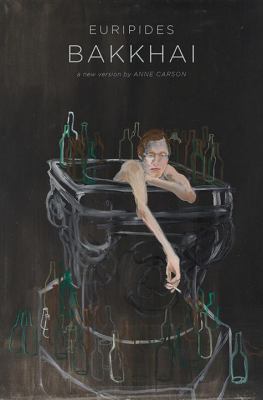
Bakkhai
Anne Carson writes, "Euripides was a playwright of the fifth century BC who reinvented Greek tragedy, setting it on a path that leads straight to reality TV. His plays broke all the rules, upended convention and outraged conservative critics. The Bakkhai is his most subversive...
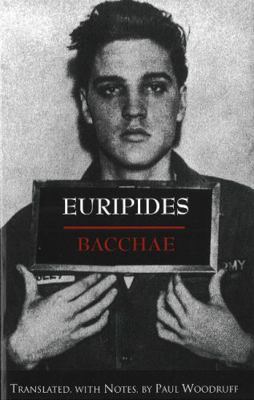
Bacchae

Bacchae
Trieste Publishing has a massive catalogue of classic book titles. Our aim is to provide readers with the highest quality reproductions of fiction and non-fiction literature that has stood the test of time. The many thousands of books in our collection have been sourced from...
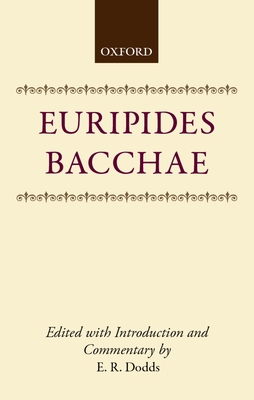
Bacchae
Using to the full the last half century's great accessions to the comparative study of religion, [Dodds] has given a coherent and convincing reconstruction of the Dionysiac background--and, indeed, foreground--of the play, illustrating it with many instructive non-Greek and modern
parallels......
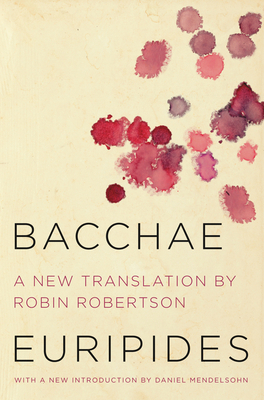
Bacchae
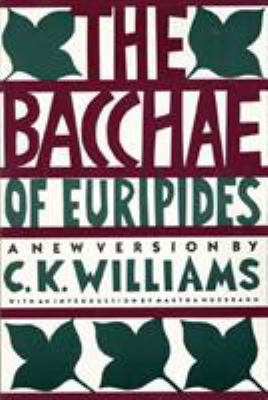
The Bacchae of Euripides: A New Version
Pulitzer Prize-winning poet C.K. Williams presents this fluent and accessible version of the Athenian playwright Euripides's great tragedy.
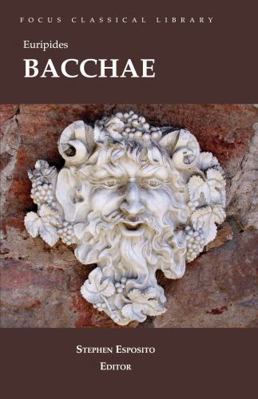
Bacchae
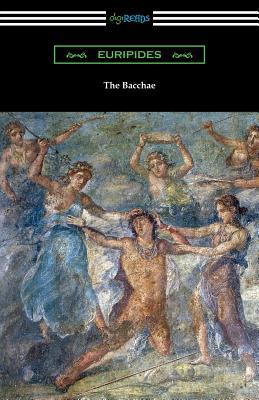
The Bacchae
Euripides turned to playwriting at a young age, achieving his first victory in the Athens' City Dionysia dramatic competitions in 441 BC. He would be awarded this honor three more times in his life, and once more posthumously. His plays are often ironic, pessimistic, and display...
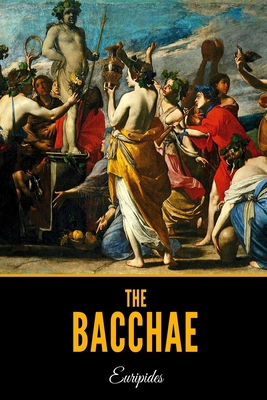
The Bacchae
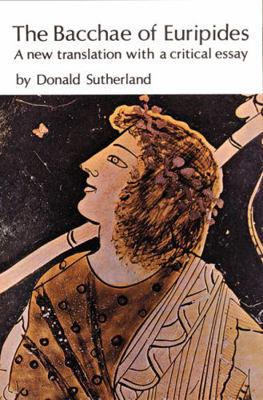
The Bacchae of Euripides: A New Translation wit...
This new translation of The Bacchae--that strange blend of Aeschylean grandeur and Euripidean finesse--is an attempt to reproduce for the American stage the play as it most probably was when new and unmutilated in 406 B.C. The achievement of this aim involves a restoration...
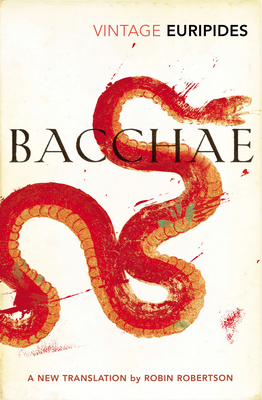
Bacchae
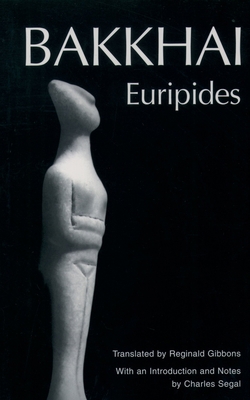
Bakkhai: Euripides
Regarded by many as Euripides' masterpiece, Bakkhai is a powerful examination of religious ecstasy and the resistance to it. A call for moderation, it rejects the temptation of pure reason as well as pure sensuality, and is a staple of Greek tragedy, representing in structure...
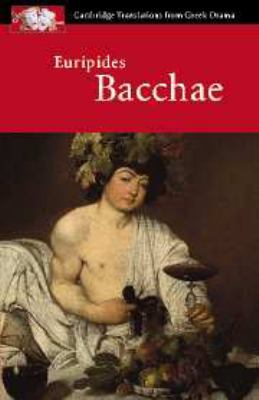
Euripides Bacchae
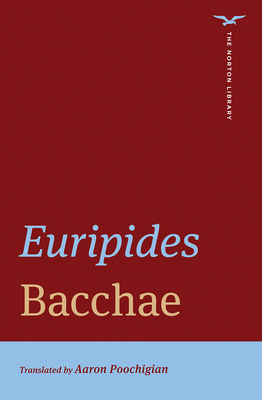
Bacchae
About Aaron Poochigian's translation "Poochigian's translation is a triumph--a remarkably lucid and vibrant rendition . . . The script's language is precise yet sonorous, expertly constructed in iambic pentameter to both moving and chilling effect." --ARAM KOUYOUMDJIAN, author...

Bacchae (Dover Thrift Editions: Plays)
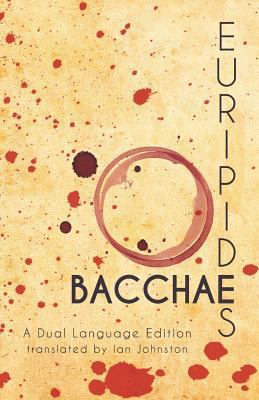
Euripides' Bacchae: A Dual Language Edition
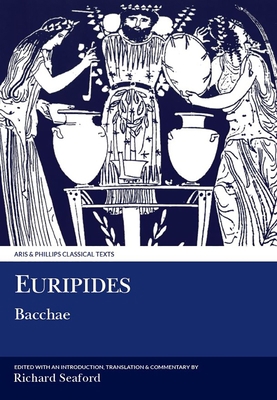
Euripides: Bacchae
This is a commentary on Bacchae, by Euripides. It takes account of the studies made on the play since it was written, as well as the discoveries made about the cult of Dionysus. The author has already published widely on both the Bacchae and the Dionysus cult. This is the first...
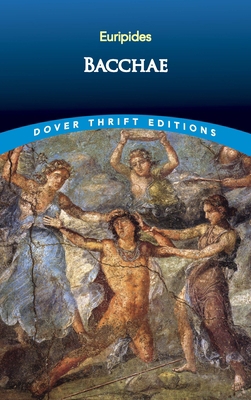
Bacchae
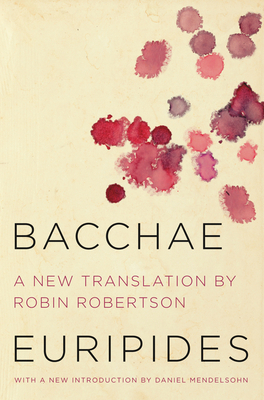
Bacchae

Bacchae Ed Dodds 2/E
This new translation of "The Bacchae--"that strange blend of Aeschylean grandeur and Euripidean finesse--is an attempt to reproduce for the American stage the play as it most probably was when new and unmutilated in 406 B.C. The achievement of this aim involves a restoration...

Bakkhai
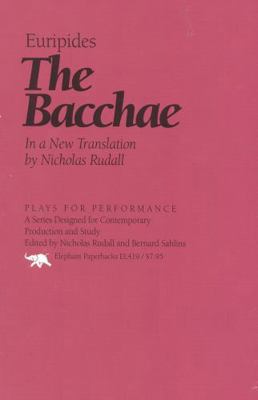
The Bacchae
Euripides' powerful investigation of religious ecstasy and the resistance to it is an argument for moderation, rejecting the lures of pure reason as well as pure sensuality. Plays for Performance Series.
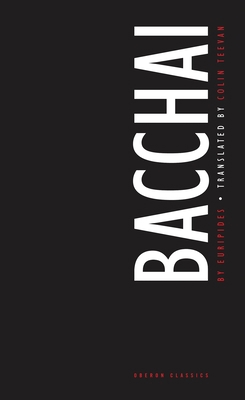
Bacchai
Dionysos, the God of wine and theatre has returned to his native land to take revenge on the puritanical Pentheus who refuses to recognise him of his rites. Remorselessly, savagely and with black humour, the God drives Pentheus and all the city to their shocking fate.
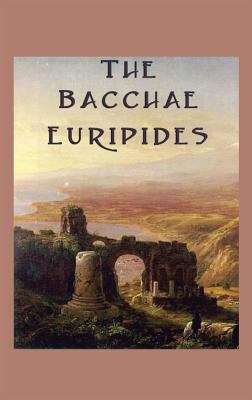
The Bacchae
Euripides was one of the three great tragedians of classical Athens, the other two being Aeschylus and Sophocles. Some ancient scholars attributed ninety-five plays to him, of these, eighteen or nineteen have survived complete. Euripides is identified with theatrical innovations...
![The Bacchae of Euripides: [Original Edition] 1544173830 Book Cover](https://m.media-amazon.com/images/I/51PSOCCS7bL._SL500_.jpg)
The Bacchae of Euripides: [Original Edition]
The Bacchae is an ancient Greek tragedy, written by the Athenian playwright Euripides during his final years in Macedonia, at the court of Archelaus I of Macedon. It premiered posthumously at the Theatre of Dionysus in 405 BC as part of a tetralogy that also included Iphigeneia...



